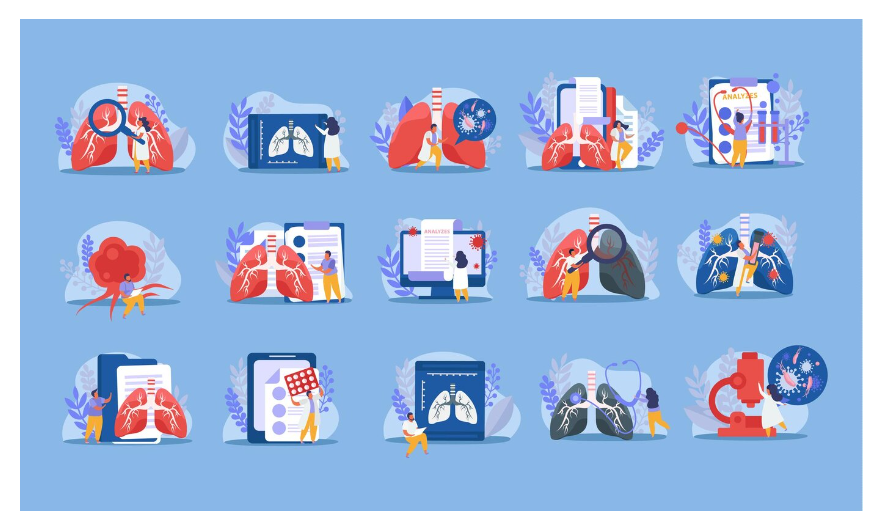
Diagnosis and Treatment Options for Emphysema
Introduction: Hey there, health-conscious readers! If you suspect you may have emphysema or have recently been diagnosed, you’re probably wondering what comes next. Don’t worry; we’ve got you covered with a breakdown of the diagnosis and treatment options for this lung condition in simple terms.
Diagnosis:
To diagnose emphysema, your doctor will likely start by asking about your medical history and symptoms. They may also perform a physical exam and order tests to confirm the diagnosis, such as:
- Pulmonary Function Tests (PFTs): These tests measure how well your lungs are functioning, including your ability to inhale and exhale air and how much air your lungs can hold.
- Imaging Tests: X-rays and CT scans can provide detailed images of your lungs, helping your doctor identify any damage or abnormalities characteristic of emphysema.
Treatment Options:
While there’s no cure for emphysema, several treatment options can help manage symptoms and improve your quality of life:
- Medications: Your doctor may prescribe medications to help open up your airways, reduce inflammation, or thin mucus, making it easier for you to breathe.
- Oxygen Therapy: If your blood oxygen levels are low, oxygen therapy can help improve your breathing and prevent complications.
- Pulmonary Rehabilitation: Pulmonary rehab programs typically include exercise training, education, and support to help you learn to breathe more efficiently and improve your overall fitness.
- Lifestyle Changes: Quitting smoking, avoiding air pollution and respiratory irritants, and maintaining a healthy diet and exercise routine are essential for managing emphysema.
- Surgery: In severe cases of emphysema, surgery may be an option. Lung volume reduction surgery removes damaged lung tissue, allowing the healthier parts of your lungs to function more effectively.
Remember, managing emphysema is a team effort between you and your healthcare providers. By working together and following your treatment plan, you can better manage your symptoms and enjoy a better quality of life.
To seek medical advice, always consult a Doctor. Here are our recommended experts. Click here
To read more on Respiratory disease . Click Here


